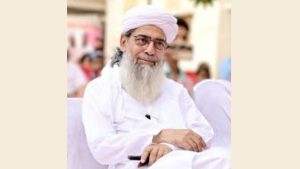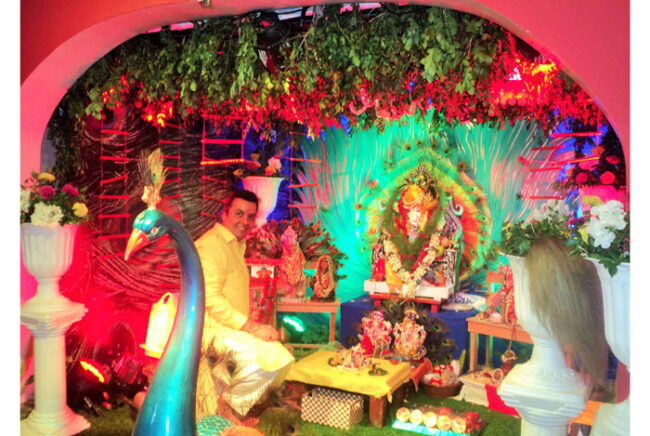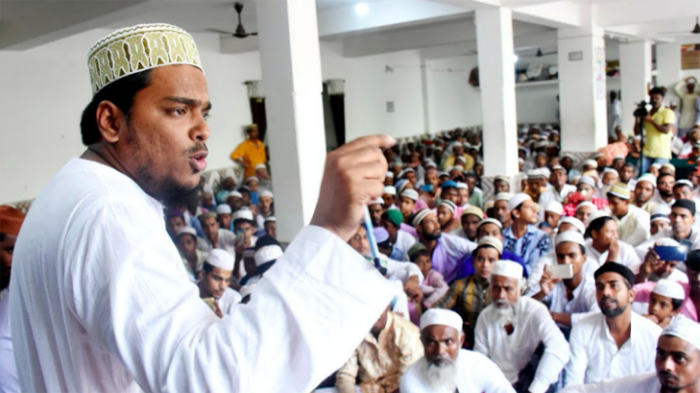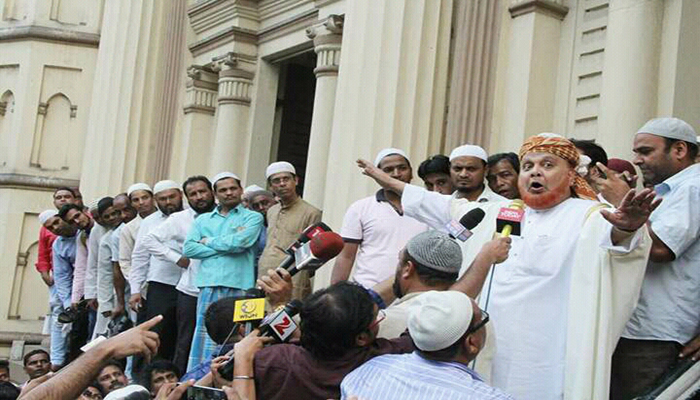
Kolkata: Madrasa Chaap is an abusive or slang term increasingly used to demean Indian Muslims. However, such people should meet Mohammad Israr, who, in the last decade, completed not only his Madrasa education (along with secondary school) but also his senior secondary education, graduation, and a Master’s degree from India’s top college and university. Recently, he earned another Master’s degree from the University of Southampton, that too as a fully funded student.
Last week, Israr, a resident of Kolkata, received his MSc in Maritime Archaeology from the University of Southampton. The 24-year-old, who comes from a modest family, aims to pursue a Doctorate in Philosophy (PhD) at an international university before embarking on a full-time professional career.
Israr’s father, the late Mohammad Mushtaque, passed away when he was only four years old. His father was a small businessman. Since then, Israr’s elder brother, Mohammed Istiak, has been supporting him.
But how did the journey of a Madrasa student, starting in the lanes of Elliot Lane, lead to the United Kingdom?
Inspired by a Friend to Pursue Additional Education Beyond Madrasa
“Since my father passed away early in my life, I was sent to a Madrasa (Jamia Abdullah ine Masood, Kolkata) for studies. However, my childhood friend Hassan Abdul Ghaffar, who attended an English medium school and excelled in academics, inspired my interest in modern and professional courses,” Israr told eNewsroom over phone from Southampton.
His friend is now a software engineer working with Accenture.
“Because of Hassan, I developed an interest in studying at colleges and universities considered mainstream in our country. After my initial studies at Madrasa, I joined Jamia Arifia Madrasa in Allahabad (now Prayagraj), which was recognized by Aligarh Muslim University,” he explained.

Jamia Arifia’s curriculum includes English, Mathematics, Science, and Hindi alongside traditional subjects. However, Israr, with clear goals in mind, pursued senior secondary education at AMU.
“After completing higher secondary school, I earned a bachelor’s degree in History (Honours) from AMU. Then, I enrolled at Maulana Azad National Urdu University, Hyderabad, and completed a Master’s degree in History there,” he mentioned.
While studying in Hyderabad, Israr worked at Genpact to support himself financially.
Balancing Work and Studies
Israr worked tirelessly to achieve his degrees. “I had to attend classes from 9 a.m. to 1:30 p.m. and then work from 3 p.m. until midnight. Sometimes, I had to work until 3 a.m. It was a tough schedule, but I succeeded,” he said.
Daring to Dream Big
Israr’s story is not just inspiring for Madrasa students but also for those pursuing modern education.
“After my Master’s, I applied for a fully funded MSc in Maritime Archaeology at the University of Southampton. Although I came from an arts background, I challenged myself to pursue a science-based Master’s degree. Initially, it was difficult, but I began enjoying it. Archaeology is a part of history, but the study of maritime archaeology is still uncommon, especially in India. Nonetheless, I completed the course successfully,” said Israr, who proudly embraces his Madrasa background in ‘New India.’
“In my journey so far, my mother, Amna Khatoon, has been my backbone, supporting me in every decision,” he added.






